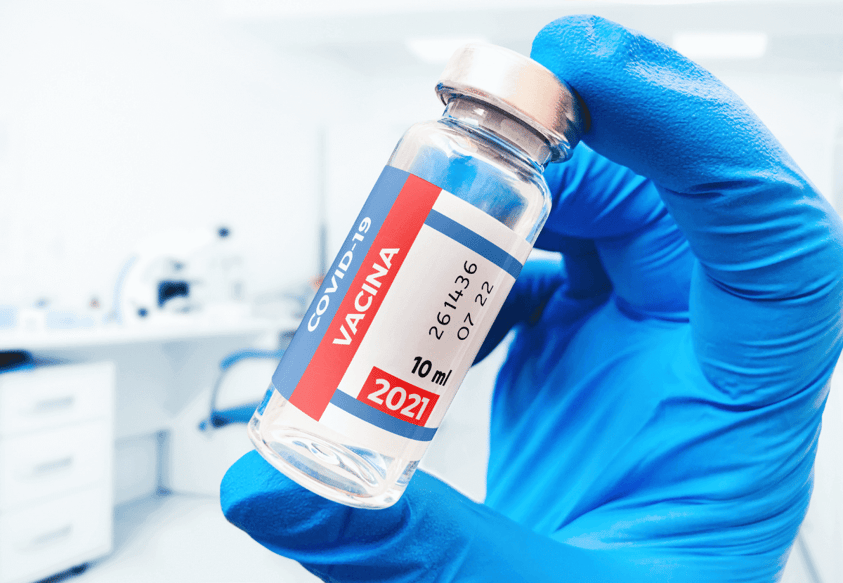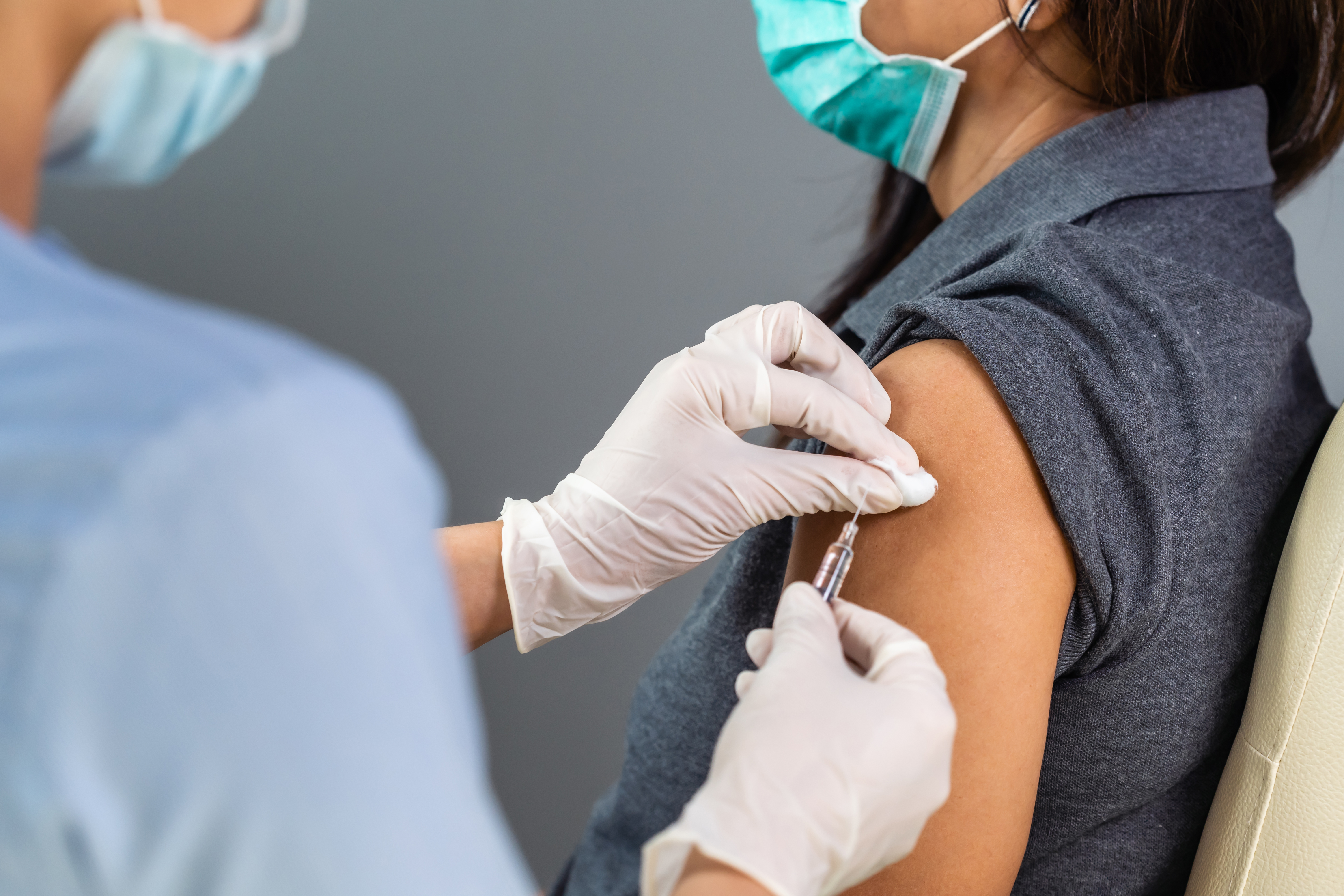As COVID-19 vaccinations continue to be administered, many are wondering if they should get the COVID vaccine after having COVID, or still experiencing COVID long haul symptoms. COVID long haul is still a poorly understood phenomenon of lingering symptoms weeks to months after first being infected with the SARS-CoV-2 virus.
As of September 2021, an estimated 175 million individuals in the US have received the COVID-19 vaccine, including a growing number of people with COVID long haul, and we are seeing a variety of reactions to it in these long-haulers. 30-40% have seen improvement in symptoms after receiving the shot; some even credit the vaccine for returning them to baseline health. Another 10-15% report that the vaccine made their symptoms worse, while many see no change. What accounts for the disparity observed in long-haulers’ responses to the vaccine and where does that leave long-haulers who are wondering if they should get vaccinated?
The Immune System and COVID-19
Everyone’s immune system is different and these differences play a central role in the wide variability observed in reactions to COVID-19: from overall susceptibility to infection, to severity of acute COVID-19 illness, to the likelihood of developing long COVID and finally, the wide range of reactions people have to the COVID vaccine.
While the Centers of Disease Control (CDC) strongly advocates COVID vaccines for people with certain underlying medical conditions, there is no specific guidance for those with COVID long haul. The issue is complicated by the fact that researchers have not yet determined what causes COVID long haul. There is evidence suggesting that COVID long haul occurs when the SARS-CoV-2 virus triggers autoimmune-like activity.
Alternatively, some experts believe that long-haulers have not completely killed off the virus. It has been postulated that more than one mechanism may be at play. Until the underlying reasons for long-haul COVID are clear, specific guidance on vaccination for long-haulers will remain lacking. The uncertainty and apprehension this may cause for COVID long-haulers was echoed by Mymee founder and CEO, Mette Dyhrberg:
"The lack of guidance for people with autoimmune diseases leaves us feeling that we may be damned if we do and damned if we don't. Without definitive guidance, we need to individually talk to our doctors when it comes to the vaccine.
It is even more important to stay vigilant about wearing masks as the Delta variant continues to spread. Even though people are tired, it is not the time to let our guards down. We know that vaccinated people are protected against severe COVID but can still get it and pass it to someone who is unvaccinated."
Mette Dyhrberg, CEO & Founder of Mymee

In response to the evolving knowledge about risks and benefits to the COVID vaccine, the Institute of Functional Medicine (IFM) has adjusted their original vaccine recommendations to account for personalized risk levels. IFM believes the decision should be based on your unique health and life circumstances. These circumstances include the state of your immune system, and other factors like current state of health, immunosuppression, and any reactions to prior immunizations, including the first dose of the COVID vaccine.
In several countries in Europe, public health authorities advocate that people with “post-COVID Syndrome” do get vaccinated, but with only one dose of the vaccine, citing studies showing adequate responses to just 1 shot. In the US, at least for now, the FDA still recommends ‘full’ vaccination following COVID-19 infection, meaning 2 shots if you are getting the mRNA version of the vaccine. This recommendation may change as more data is analyzed.
Mymee's Insights
Consistent with information coming from the CDC and other healthcare centers across the globe, responses to the COVID vaccine have differed among those in Mymee’s COVID long haul program. One client reported feeling a bit better after her first shot, but others have had serious adverse reactions, including a flare of underlying autoimmune disease.
Fortunately, we have seen substantial improvements in COVID long haulers’ symptoms, including those who had setbacks after vaccination, with our novel Mymee approach. Identifying unique diet and lifestyle triggers that aggravate symptoms, and developing personalized plans based on this information, has been instrumental in the progress COVID long-haulers have made toward a return to their baseline health.
Deciding on the Vaccine
Thanks to the scientific breakthroughs that have made the new COVID vaccines possible, the world may be turning the corner on this pandemic. But there are still so many unknowns, and that can make personal healthcare decisions difficult, especially if you are experiencing the hardships associated with a chronic medical condition. The best way forward is to arm yourself with the latest COVID long-haul and vaccine data and clinical guidelines (see below) and, of course, talk to your doctor, who is most familiar with your individual health situation and can provide personalized guidance.
Finally, if you're wondering about how Mymee can help you find relief for long-haul COVID, we are here to help.
Resources and guidelines for COVID-19 vaccine information:
CDCWorld Health Organization
Institute for Functional Medicine


